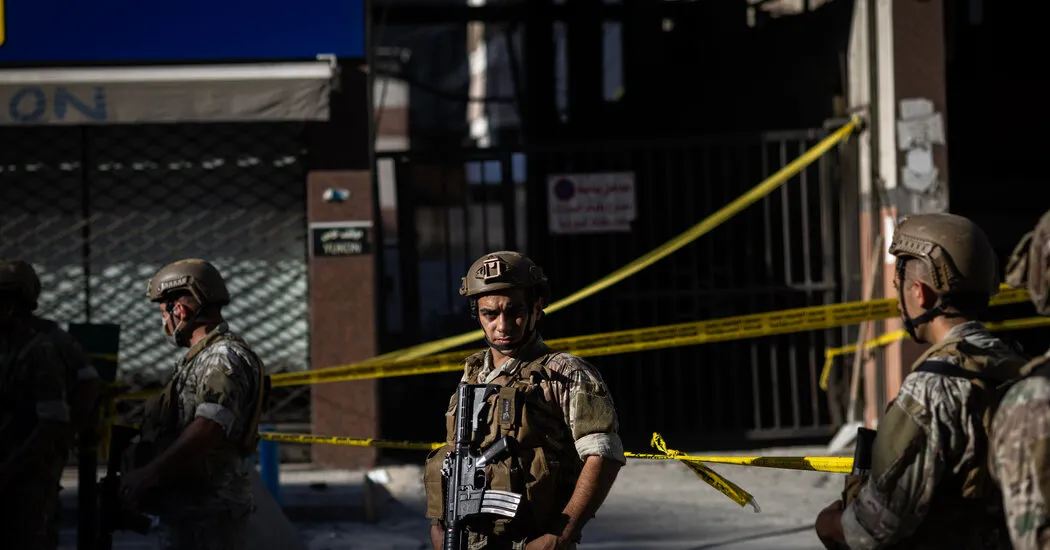Israel-Hezbollah Conflict: Seeking Cease-Fire Amid Tensions

Fresh Developments in the Israel-Hezbollah Conflict
Prime Minister Benjamin Netanyahu of Israel instructed his military to keep fighting with full force on Thursday, as a high-stakes international diplomatic effort was underway to pause the conflict between Hezbollah and Israel. Netanyahu was heading to New York for the U.N. General Assembly, even as members of his government dismissed a proposed cease-fire.
The United States' Role
Israel's military carried out new strikes in Lebanon, including one in Beirut that targeted the commander of Hezbollah's drone unit. The foreign minister of Israel rejected the cease-fire proposal, reflecting sentiments echoed by numerous lawmakers. However, senior Israeli officials have privately discussed the possibility of a cease-fire with their American counterparts.
International Reaction
The escalation has raised international alarm. A French official stated that the current situation could lead to a full-fledged war between Israel and Hezbollah, emphasizing a narrow window for a cease-fire deal.
Casualties and Humanitarian Concerns
- Israel's military reported strikes in southern Lebanon in response to rocket fire into northern Israel.
- Lebanon's health ministry stated that Israeli airstrikes have led to numerous casualties, with hundreds of deaths reported.
- Approximately 500,000 people have been displaced, further aggravating the humanitarian crisis.
Fears in Gaza
As global attention shifts towards the conflict with Hezbollah, Palestinians in Gaza express concerns that efforts to address their humanitarian crisis might diminish, highlighting the intertwined nature of these conflicts.
This article was prepared using information from open sources in accordance with the principles of Ethical Policy. The editorial team is not responsible for absolute accuracy, as it relies on data from the sources referenced.